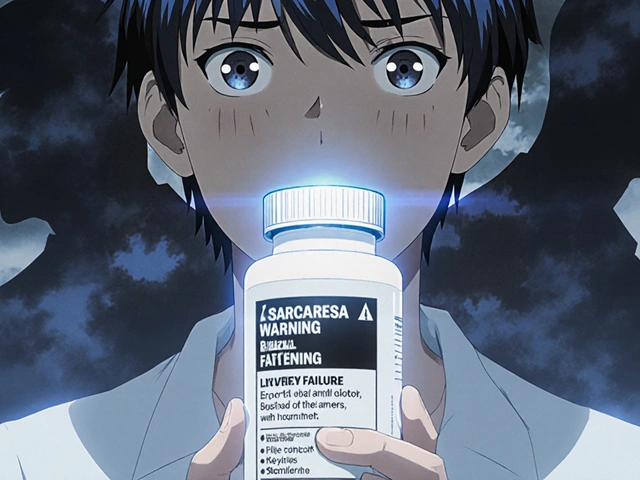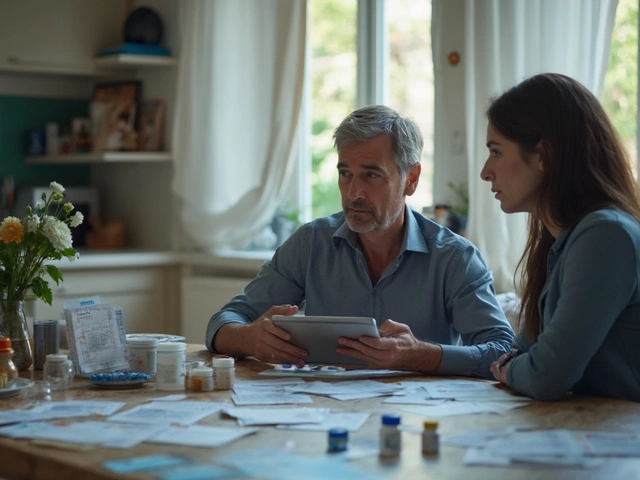Thyroid Cancer and Mental Health — September 2024
A new post this month focused on one clear thing: a thyroid cancer diagnosis affects feelings as much as the body. If you or a loved one read our article “Thyroid Cancer and Emotional Well-Being,” you saw practical, simple steps to handle the emotional hit. This archive page summarizes that guidance so you can grab the most useful parts fast.
Quick takeaways
First, your emotions are valid. Shock, anger, sadness, and relief can all show up and change day to day. Second, small routines help steady mood — sleep, light exercise, and regular meals matter more than you might think. Third, professional help isn’t a last resort; talk with a counselor early if anxiety or low mood sticks around. Finally, connection matters: telling one trusted person often reduces stress more than you expect.
Practical steps you can use today
Start with one tiny habit. Pick a 10-minute walk or set a phone alarm to drink water and breathe deeply. These small moves reduce stress hormones and give your brain a break. Use simple breathing techniques: inhale for four counts, hold two, exhale for six. Do that twice when you feel panicked. Keep a short mood log — note one feeling and one trigger each evening. Over a week you’ll spot patterns and small changes you can make.
If sleep is rough, try a wind-down routine: stop screens 30 minutes before bed, dim lights, and read or listen to calm music. If negative thoughts loop, name them out loud and ask, “Is this fact or fear?” That little shift can break worry cycles. When decisions about treatment feel heavy, ask your medical team for a clear one-line summary of options. Clear information reduces doubt and frees mental energy.
Reach out for support in ways that fit you. Not into group meetings? Try a one-on-one phone call with a friend, a short session with a therapist, or an online support forum where people share concrete tips. If you prefer privacy, journaling a few lines daily helps process emotions without pressure.
Practical resources include: asking your clinic for counselor referrals, checking national cancer support lines, and using vetted apps for anxiety and sleep. If medication changes leave you foggy or tired, talk to your doctor — adjusting dose or timing can help mood and energy.
Finally, be kind to yourself about limits. You will have good days and bad days. Plan low-effort activities that bring some joy — a favorite show, a short call with a friend, or a simple meal you like. These small pleasures add up and help you face treatment and recovery with more strength.
Want the full article again? Search our September 2024 archive for “Thyroid Cancer and Emotional Well-Being” to read the complete tips, facts, and supportive strategies we shared this month.
Thyroid cancer, while primarily a physical health issue, can have profound effects on one's mental health. This article explores how to maintain emotional well-being during such a challenging time. It provides practical tips, interesting facts, and insights to help patients navigate their journey with resilience and strength.
Read more






